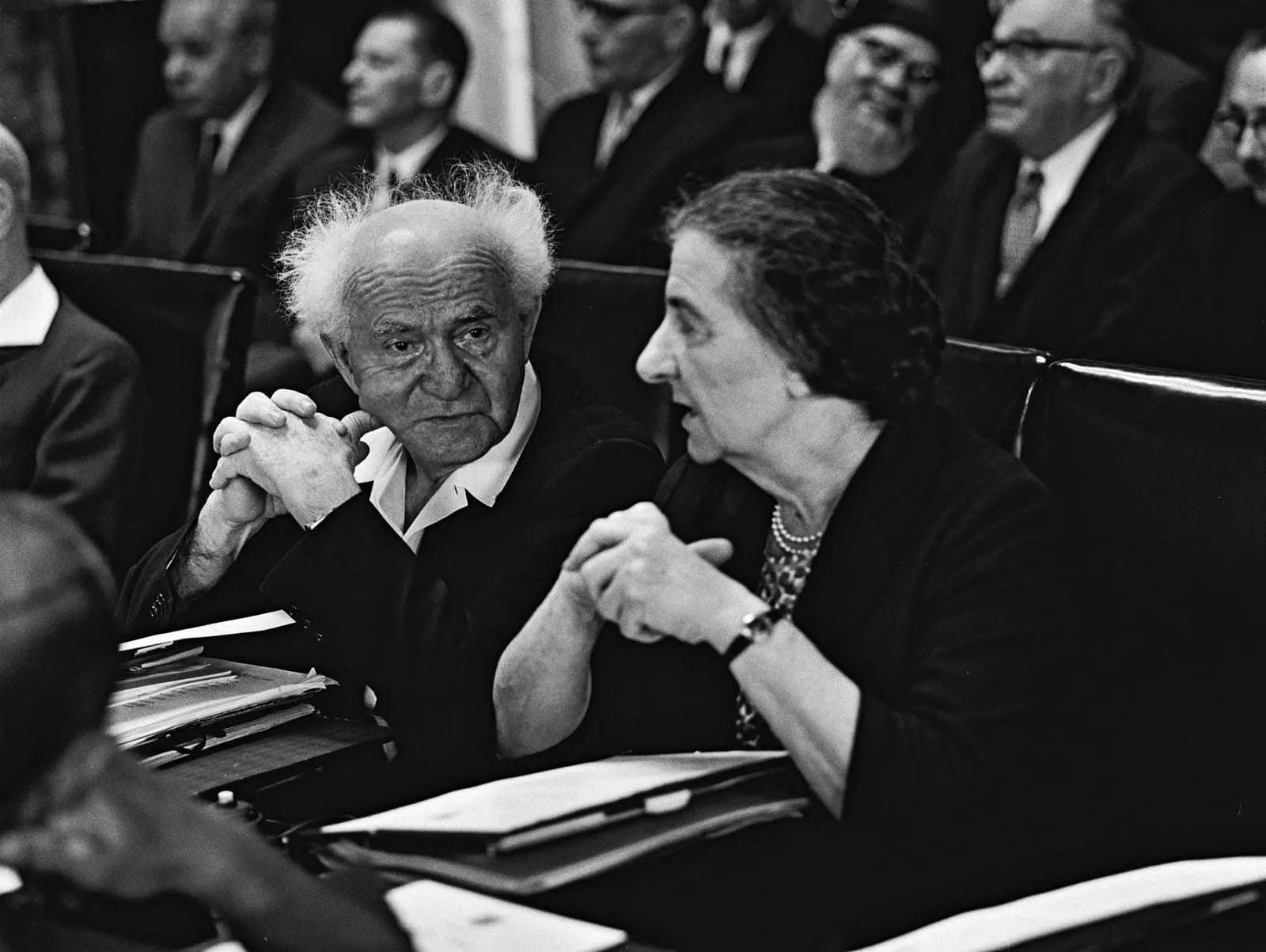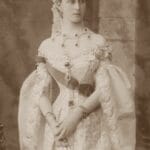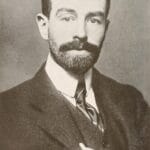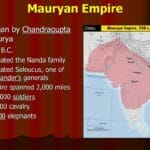David Ben-Gurion’s name is practically synonymous with the creation of Israel. Born in Poland in 1886, his unwavering belief in Zionism propelled him to become a pivotal figure in the establishment of the Jewish state, serving as its first Prime Minister. His leadership during this crucial period shaped Israel’s national identity and left an enduring legacy that continues to be studied and debated.
The Making of a Nation: Ben-Gurion’s Early Life and Zionist Ideals
Ben-Gurion’s journey began in Płońsk, Poland (then part of the Russian Empire), where his early life was steeped in traditional Jewish education and burgeoning Zionist ideals. He immigrated to Palestine in 1906, then part of the Ottoman Empire, drawn by the vision of a Jewish homeland. There, he became deeply involved in the labor movement and the development of kibbutzim, laying the groundwork for the future state he envisioned. If you are interested to learn more about the role of Abbe Sieyes in the French Revolution, click on the name. His experiences during this formative period likely shaped his socialist leanings and his belief in communal effort as a foundation for nation-building.
Leading the Charge: Ben-Gurion’s Role in Israel’s Founding
Following World War II and the horrors of the Holocaust, the urgency for a Jewish state intensified. Ben-Gurion, leading the Jewish Agency, became a key negotiator with the British government and international powers. He navigated complex political landscapes, securing international recognition for the establishment of Israel. On May 14, 1948, Ben-Gurion declared the independence of the State of Israel, a moment of triumph and immense challenge. The declaration sparked the 1948 Arab-Israeli War, a conflict that tested the nascent nation’s resilience. Ben-Gurion’s leadership during this tumultuous time, serving concurrently as Prime Minister and Minister of Defense, proved essential to Israel’s survival.
Shaping a Nation: Ben-Gurion’s Policies and Legacy
Ben-Gurion’s influence extended beyond simply establishing the state. His socialist ideals permeated his policies, promoting kibbutz life and advocating for social equality. He also prioritized establishing a strong defense force, recognizing the security challenges facing the young nation. Some experts believe that his focus on defense may have come at the expense of other social programs, a topic that continues to be debated among historians. Further research is needed to fully understand the long-term effects of his policies. If you are a golf fan, you will definitely want to know more about the life of Charles T Sifford, the golfer who broke the racial barrier.
Following his retirement from political life in 1963, Ben-Gurion retreated to Sde Boker, a kibbutz in the Negev desert. There, he dedicated his time to writing, reflecting on his life and the pivotal role he played in the birth of a nation. He passed away in 1973, leaving behind a legacy that continues to shape Israeli identity and inspire future generations.
How Many Years Was Ben-Gurion Prime Minister?
David Ben-Gurion, the architect of modern Israel, led the nation for approximately 13 years across two distinct terms as Prime Minister. His first term spanned from 1948 to 1954, immediately following Israel’s declaration of independence. This period was marked by the challenges of state-building and the 1948 Arab-Israeli War. His second term, from 1955 to 1963, saw continued development of Israel’s political, economic, and social structures.
Ben-Gurion’s time in office was a period of significant transformation. He prioritized national unity, implementing the principle of mamlachtiut, which placed the interests of the state above sectarian divisions. He also focused on building a strong defense force and developing a stable economy, recognizing these as crucial for Israel’s survival and prosperity. While his leadership was instrumental in navigating these critical years, some of his policies remain controversial and are still debated by historians.
Was David Ben-Gurion Assassinated?
It’s a common misconception, but David Ben-Gurion died of natural causes in 1973. He was not assassinated. The Israeli Prime Minister who was assassinated was Yitzhak Rabin in 1995. However, Ben-Gurion was the target of an assassination attempt in 1957 by Moshe Dwek, a disgruntled Yemenite Jewish immigrant. While Ben-Gurion survived, the incident highlights the volatile political climate of the time and the challenges faced by the young nation.
This assassination attempt, while often overlooked, offers a unique perspective on the complexities of Israeli society in its early years. Dwek’s motivations, though not fully understood, suggest underlying tensions related to immigration and integration. Further research into this incident could reveal valuable insights into the social and political dynamics of the era.
Who Was the “Golden” Prime Minister of Israel?
The term “golden” prime minister is subjective and open to interpretation. However, David Ben-Gurion is often hailed as the founding father of Israel, and his name consistently emerges in discussions about the nation’s most influential leaders. His pivotal role in securing Israel’s independence and shaping its early political landscape has earned him this near-mythical status.
Ben-Gurion’s leadership wasn’t without its controversies. His strong personality and decisive actions sometimes sparked disagreements. Yet, his vision, determination, and unwavering commitment to the Zionist cause solidified his place as a central figure in Israeli history. Ongoing research and diverse perspectives continue to shed light on the complexities of his leadership and its lasting impact.
- Crypto Quotes’ Red Flags: Avoid Costly Mistakes - June 30, 2025
- Unlock Inspirational Crypto Quotes: Future Predictions - June 30, 2025
- Famous Bitcoin Quotes: A Deep Dive into Crypto’s History - June 30, 2025
















